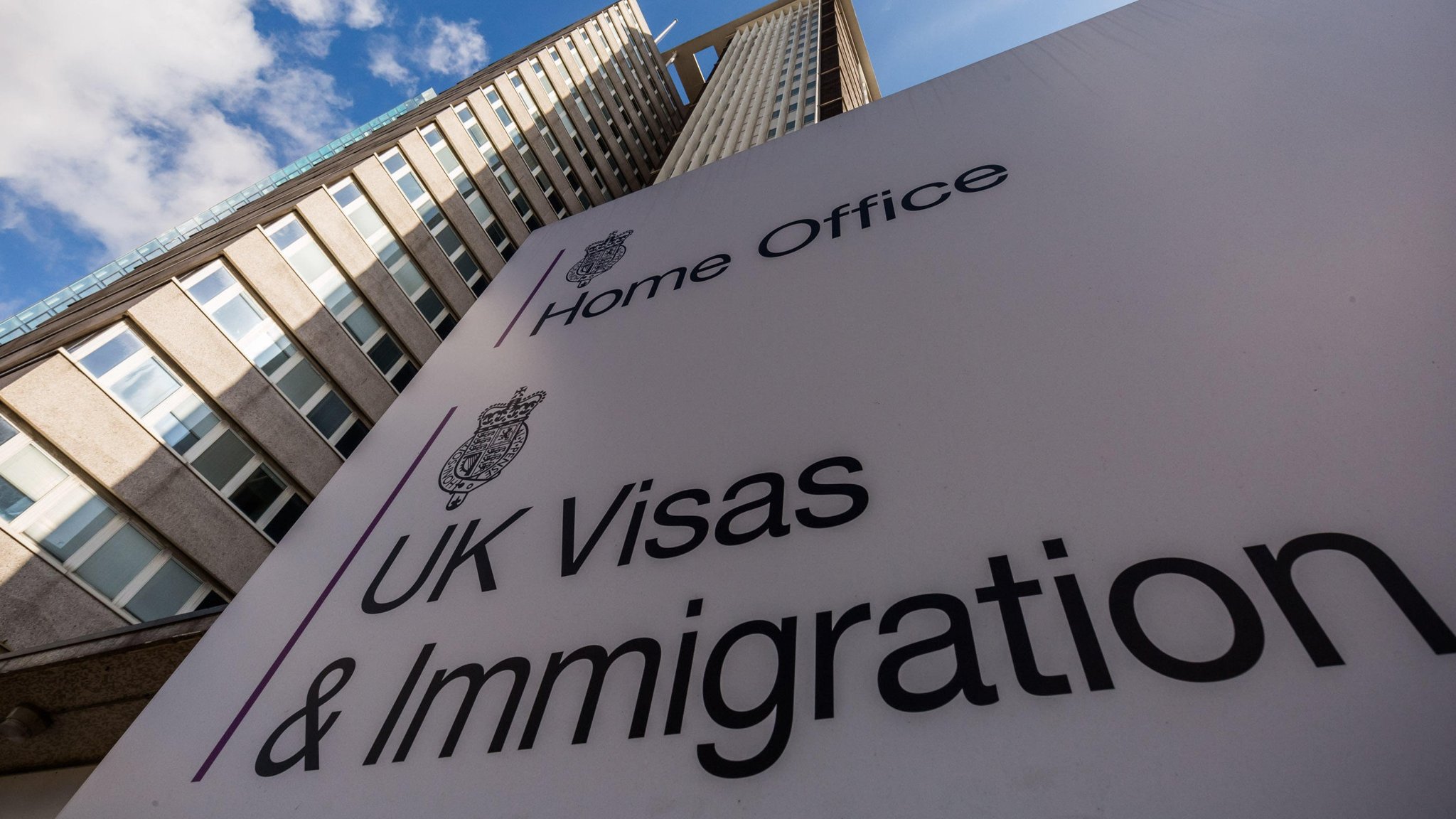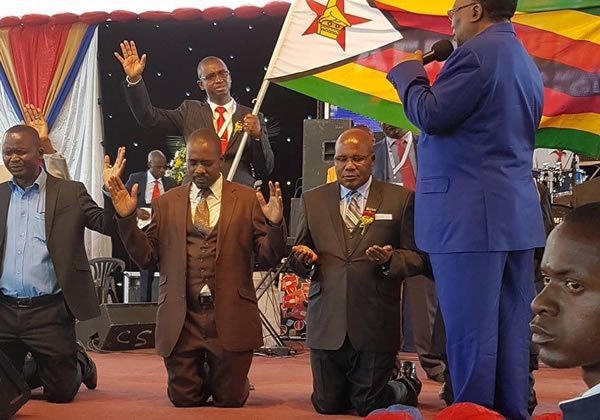| by Mutumwa Mawere
ON THURSDAY, 7 January 2015, former Prime Minister, Mr. Morgan Tsvangirai, held a press conference at which he is reported to have said that he his party, the MDC-T, will be initiating a national conference to discuss the country’s social, economic and political problems. It would appear that in the worldview of members of MDC-T, the cause of the triple challenges of poverty, unemployment, and inequality is lack of dialogue between social partners in Zimbabwe hence the decision by the MDC-T to invite all political parties including the ruling Zanu PF, churches, civil society and the business community the proposed indaba. According to Tsvangirai, the proposed indaba would be to provide a platform to deliberate on the political and socio-economic problems faced by the country. In addition, Tsvangirai called on regional African leaders to intervene to arrest the situation which he said was getting worse and out of hand. In his worldview, presumably supported by his party’s actors, Zimbabwe’s problems were worsening and no single organisation could be able to handle them. As if to suggest that Zimbabwe’s problems are a consequence of personal and party differences, he predictably said that there was need to put differences aside and put heads together. I am reminded of the profound words contained in the American declaration of Independence that: “We hold these truths to be self-evident, that all men are created equal, that they are endowed by their Creator with certain unalienable Rights, that among these are Life, Liberty and the pursuit of Happiness.” One may ask why the founding fathers of the USA felt it necessary to include the equality principle in the declaration of independence to the King of Great Britain. Evidently, in their view, the construction that the King, a man of flesh, was created to think and act for others was offensive as is the idea that has taken root in Zimbabwe that political actors were created to have a better claim on the future. Even President Robert Mugabe, a man of flesh like Tsvangirai, cannot be expected to rise above the limitations and possibilities of human actors. He is not capable of knowing that which is in the mind of another, let alone causing someone to do that which the person does not wish to do. The Zanufication of the post-colonial experience has regrettably created the impression that the correct problem statement can only be restricted to the actions and inactions of a small group of elected and unelected office bearers.
The misunderstanding of the art of statecraft and its connection to the realisation of the aspirations of each and every citizen has created an expectation that the mere act of electing a person into state office automatically makes the beneficiary of the borrowed power a super genius. The call for an indaba in which Tsvangirai believes he has some legitimacy to promote it arises principally from his view that the inclusive government in and out of itself lifted the country out of the deep end when in truth and fact, the people who deserve credit are the men and women living in Zimbabwe who acted on the real stage of life in their own interests. The dangers, inherent in the propensity of political actors to take credit where it is not due are manifestly evident in the words and actions of political actors who believe that they hold the promise to a better life when the prospects of a better life are undermined by the very idea that a meeting of egotistic individuals can deliver the promise. To President Mugabe, the experience of the inclusive government was a living and humiliating nightmare whilst to Tsvangirai, the experience was the best for himself and the country. Here you have two individuals who believe, with the support of their respective party members, that they are more equal than others and, more significantly, that the universe of solutions is resident in their minds and that 24 hours in a day is sufficient for them to know everything and everybody’s aspirations. Both President Mugabe and Tsvangirai have now been clothed with powers that place them on a higher moral pedestal in their respective constitutions suggesting that they would have opposed the inclusion of the equality principle in any declaration of independence. Instead, I am convinced that by accepting to be the sole custodians of the parties, the difference between the two gentlemen may be the same. Is it not ironic that anyone who differs with the man at the pinnacle of the party’s power food chain, is easily labelled a traitor and other unsavoury terms and in so doing justify the amendment of the profound words of the persons who authored and signed the declaration to the following words: “We hold these truths to be self-evident, that some men are created more equal than others, that they are endowed by their Creator with certain superior unalienable Rights, that among these are limited Life, Liberty and the pursuit of Happiness for the followers and more life, liberty and pursuit of happiness for the few elected office bearers and state actors.” Even Tsvangirai would know that when Rome is burning, it is no time for conferences but it is time to reflect on the true meaning of the promise.Indeed, when a seamstress called Rosa Parks took the decision motivated by fatigue to seat where she was not supposed to seat, a revolution was born. As we look back, we cannot escape the realization that the missing values, principles and ideas that can inspire the human spirit cannot be cured by indabas. When one objectively and critically examines the journey of independence, it would be incorrect to suggest that Zimbabwe is where it is today solely due to the wisdom or lack of wisdom of only one man. That man who is presumed to be a roadblock to progress is President Mugabe, as it is commonly held, yet in reality we are all responsible perhaps in equal measure for the quagmire. President Mugabe’s purpose could not have been for him to be the deliverer of the promise of land, minerals and empowerment, when it is common cause that the creator had no such intention to delegate his gift to a mortal human being. Any leader, who purports to speak about other people’s poverty is inherently dishonest for no language, let alone slogans, can cure a human being’s hunger, only food does. The mere fact that President Mugabe has renewed his mandate at every turn means a lot, for one cannot blame him for the inadequacy of his opponents and their failure to make him irrelevant. Although it may not be self-evident, the dismissal of former VP Mujuru was linked to the idea that she sought to unseat President Mugabe as leader of the party as she was also alleged to be an integral part of the so-called regime change agenda. However, a reading of the state constitution would reveal a serious and fundamental misdirection on the part of the architects of the project in that even if Mujuru were to succeed in the alleged party putsch, she still would have had no constitutional mechanism of removing President Mugabe as the state President. In addition, it also must be a self-evident truth that President Mugabe has the license from the people, irrespective of how the mandate was obtained, to be the head in the state in whom the sovereignty of the people is vested. If one accepts that there can only be one head in the state and that head is not Tsvangirai, Mujuru or anyone for that matter and, in addition, that President Mugabe has no say on who his successor is or ought to be, then the space for dialogue on what needs to happen for Zimbabwe to move forward can be widened and broadened in an inclusive manner certainly not by way of indabas but by way of unleashing the creativeness and ingenuity of the ordinary citizen. It is common cause that knowledge is not contagious and what Tsvangirai may believe is the best way forward need not be the opinion of 13 million sovereign citizens of Zimbabwe. In the same way that Ms. Parks inspired a generation of Americans to rebel not against something but for an ideal that was worth dying for that all men are created equal, I believe that when this simple construction of human civilization is defied, then all men have to take notice and be part of a new conversation. When a President elected to protect even the weakest member of society proceeds to use borrowed powers to limit the rights of others, then one has to ask from which address one can expect justice. Despotism is like cancer, it can spread not least because of the actions of the carrier but also because of inaction and silence. We all recall the first major scandal of the post-colonial era, the Willowgate scandal that gave prominence to some journalists but failed to grasp the inherent absurdity of price controls. The mere fact that people working for government could in their small minds be the deciders of what price a car they played no part in producing let alone in consuming could come up with a price that could satisfy the demand and supply sides is and ought to be as offensive as the idea that the RBZ should be the decider of the price of foreign currency. Instead of looking deeper into the fault lines of the ideas that informed the decisions of policy makers, it became fashionable to look at the scandal side of actions and choices. When the Makamba law was introduced, unlike the Kenyan opposition parties, the then united MDC chose to turn a blind eye to the obvious constitutional implications of the actions, believing that the actions had nothing to do with them. From Makamba to Mujuru, you can write a story that speaks volumes about the absence of the rule of law during the distance travelled yet it is strange that Tsvangirai would seek to hold an indaba with people who do not respect the rule of law. In fact, with respect to Mujuru, one would have expected Tsvangirai to be a new Martin Luther King Junior in taking the cause of Ms. Parks to negotiate a new dispensation not because it would bridge him to statehouse but because when a President is tempted to act in an unconstitutional manner and the Speaker and the Leader of the House choose to play alone and benefit from the actions, then one must know that a little rebellion of ideas would not be such a bad thing. However, when one believes that the art of statecraft alone without the respect of the rule of law can deliver food on the table, then it is not a bad time to encourage that person to see a psychiatrist. It is for citizens to continuously remind state actors that they were not created to think and act for others but to think and act for themselves. After all, the creator never intended that the sun would shine longer only for the “wise” people but that when the sun sets even the mightiest of all the living people cannot reverse it. We ought to be concerned when actors see an opportunity in the misery of the majority to change their personal fortunes by using elevators to get into the cockpit even after the people have spoken. |







9 Comments